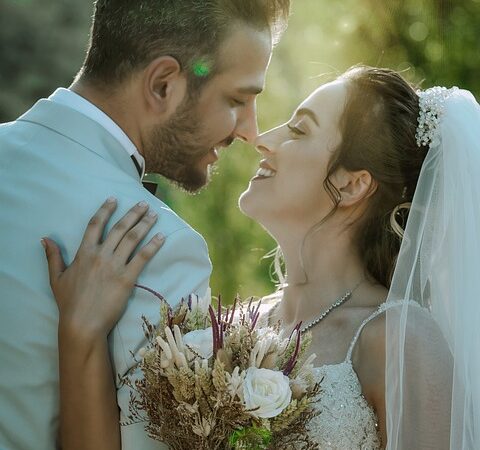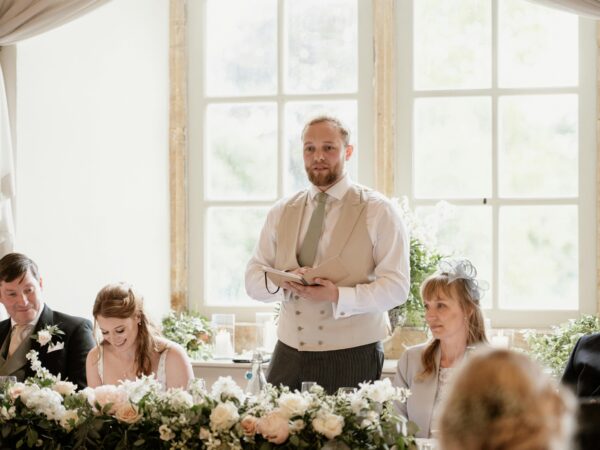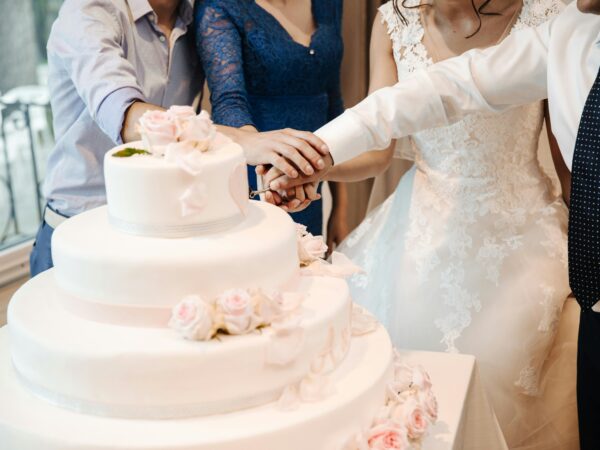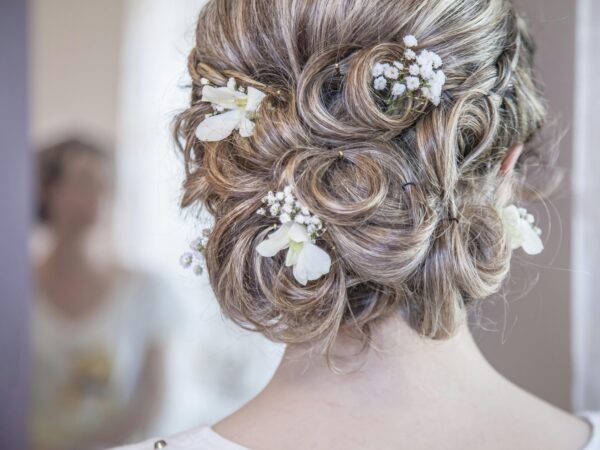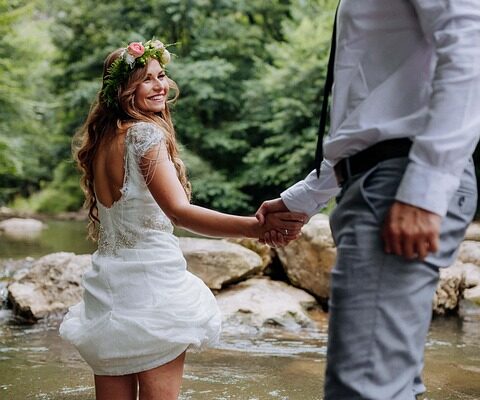
The Essential Guide to Wedding Etiquette: Tips for a Perfectly Polished Celebration
The Essential Guide to Wedding Etiquette: Tips for a Perfectly Polished Celebration
Planning a wedding can be both exciting and overwhelming. From choosing the perfect dress to selecting the ideal venue, there are countless decisions to be made. However, one aspect of wedding planning that is often overlooked but crucial to the success of the event is wedding etiquette. Having a solid understanding of wedding etiquette can help ensure that your special day goes off without a hitch and that all of your guests feel welcomed and appreciated. In this guide, we will cover the essential tips for maintaining proper wedding etiquette and creating a perfectly polished celebration.
Setting the Tone
One of the first steps in planning a wedding is setting the tone for the event. This includes choosing a theme, color scheme, and overall aesthetic for the day. When it comes to wedding etiquette, it’s important to consider how your chosen theme and style will impact the overall vibe of the event. For example, if you are planning a formal black-tie affair, it’s important to communicate this dress code to your guests well in advance so they can plan accordingly. Similarly, if you are opting for a more casual backyard wedding, make sure to let your guests know so they can dress appropriately.
Invitations
When it comes to wedding invitations, there are a few key etiquette rules to keep in mind. Firstly, it’s important to send out your invitations in a timely manner. Ideally, wedding invitations should be sent out six to eight weeks before the big day to give your guests plenty of time to RSVP. Additionally, make sure to clearly indicate who is invited to the wedding. If children are not invited, be sure to make this clear on the invitation. Finally, be sure to include all of the necessary information on the invitation, such as the date, time, and location of the event, as well as any special instructions or requests.
RSVPs
Once you have sent out your invitations, it’s important to keep track of RSVPs in a timely manner. Make sure to include a response card with a pre-addressed and stamped envelope to make it as easy as possible for your guests to RSVP. Additionally, set a clear RSVP deadline and follow up with any guests who have not responded by that date. This will help you get an accurate headcount for your wedding and ensure that you are able to plan accordingly.
Seating Arrangements
One of the trickiest aspects of wedding planning is creating seating arrangements for your guests. When it comes to wedding etiquette, it’s important to consider the comfort and preferences of your guests when creating seating arrangements. Try to seat guests with people they know and get along with, and consider any potential conflicts or tensions that may arise. Additionally, be sure to seat older guests closer to the front of the room and away from loud speakers, and make sure to provide ample space for guests with mobility issues.
Gifts
When it comes to wedding gifts, there are a few key etiquette rules to keep in mind. Firstly, it’s important to create a wedding registry to make it easy for your guests to select a gift that you will truly appreciate. Additionally, make sure to send out thank you notes promptly after the wedding to express your gratitude for each gift. Finally, be sure to include information about your registry on your wedding website or in your invitations to make it easy for guests to find.
Common Questions
As you navigate the world of wedding etiquette, you may encounter some common questions and concerns. Here are a few answers to some of the most frequently asked questions about wedding etiquette:
Is it necessary to have a receiving line at my wedding?
While receiving lines are a traditional part of wedding etiquette, they are not strictly necessary. If you prefer to greet your guests in a more informal manner, you can opt for a cocktail hour or mingling reception instead.
How do I handle guests who RSVP with a plus one?
If a guest RSVPs with a plus one, it’s important to accommodate this request if possible. However, if budget or space constraints prevent you from doing so, it’s perfectly acceptable to politely explain the situation to the guest and ask them to attend solo.
What is the proper way to address wedding invitations?
When addressing wedding invitations, it’s important to use proper titles and etiquette. For married couples, use “Mr. and Mrs. John Smith.” For unmarried couples living together, use “Ms. Jane Doe and Mr. John Smith.” For families with children, list the children’s names in order of age.
How do I handle guests who do not RSVP?
If a guest does not RSVP by the deadline, it’s perfectly acceptable to follow up with them to inquire about their attendance. Be polite and understanding, but firm in your request for a response to help you plan accordingly.
Conclusion
Wedding etiquette is an important aspect of planning a wedding that can often be overlooked. By following the tips outlined in this guide, you can ensure that your special day goes off without a hitch and that all of your guests feel welcomed and appreciated. From setting the tone for the event to handling RSVPs and seating arrangements, proper wedding etiquette can help create a perfectly polished celebration that you and your guests will remember for years to come.
Remember, wedding planning can be stressful, but by keeping wedding etiquette in mind, you can create a seamless and enjoyable experience for everyone involved. By following these tips and guidelines, you can ensure that your wedding day is a perfectly polished celebration that will be remembered fondly for years to come.


